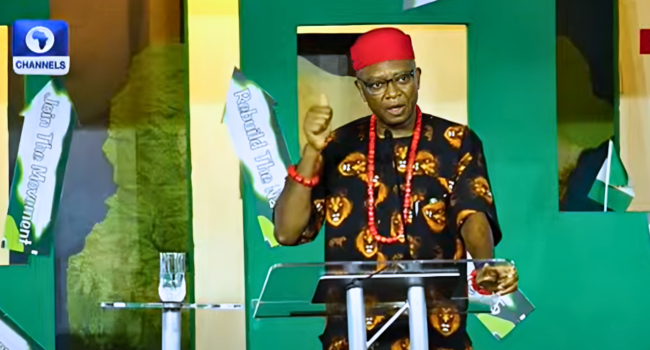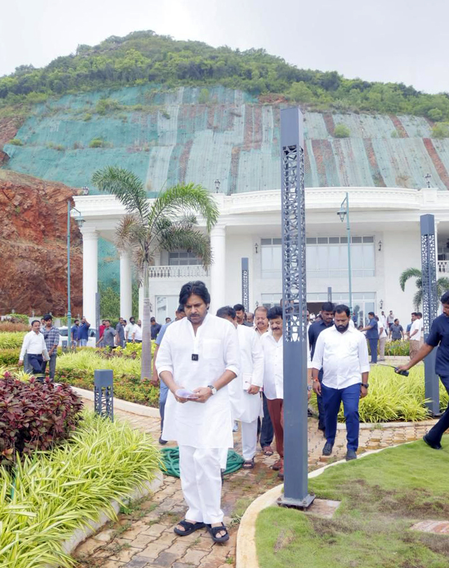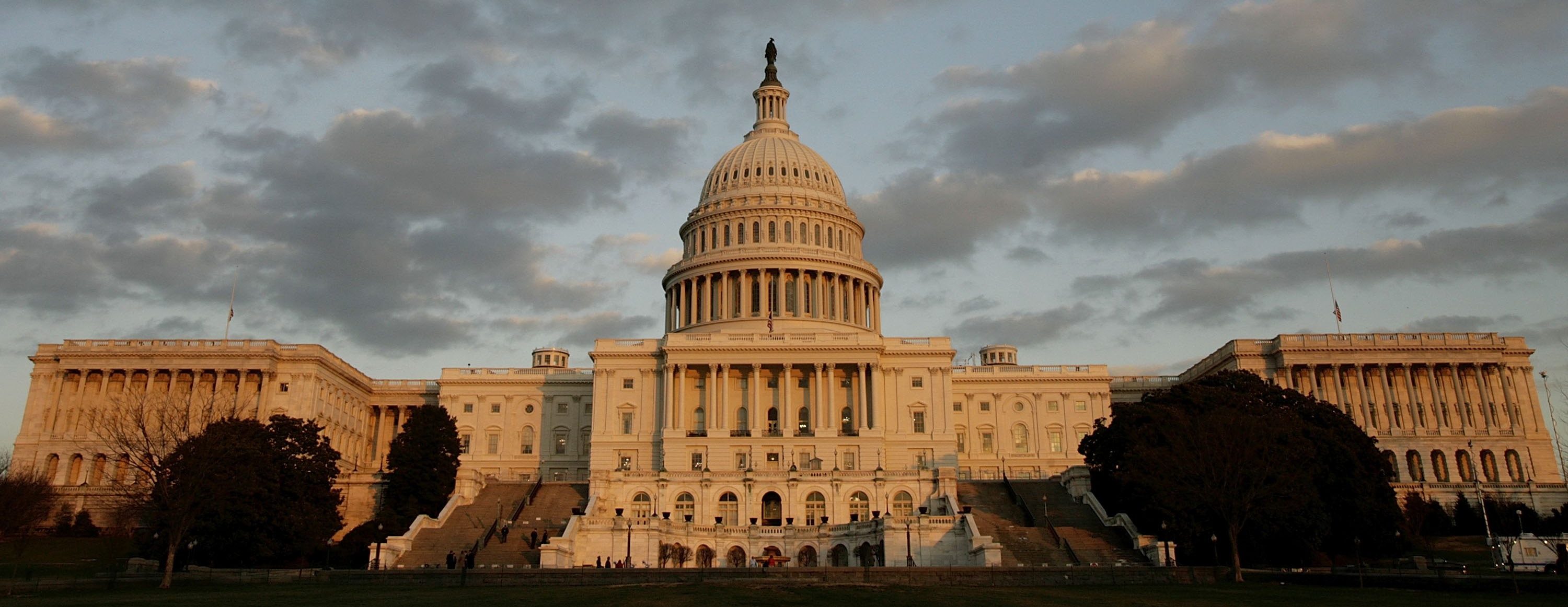By Covenant Nation Church,Promise Dera
Copyright nigerianeye

As Nigeria marks its 65th Independence Day anniversary, governance expert and lawyer Joe Abah has described the 1966 military coup as the nation’s most devastating setback, arguing it halted a golden era of regional prosperity and innovation that could have propelled the country to greater heights.
Speaking at The Platform Nigeria event hosted by Covenant Nation Church in Iganmu, under the theme “Rebuilding Our Nation,” Abah reflected on the pre-coup years as a time of remarkable progress.
“To my mind, it is the greatest tragedy that ever befell our nation,” he stated, pointing to the 1963 Republican Constitution’s framework of regional autonomy that fostered competition and growth.
Abah highlighted the Eastern Region’s status as the world’s fastest-growing economy between 1954 and 1964, according to the Harvard Business Review.
He noted the Western Region’s pioneering free education system and the Northern Region’s role as a agricultural powerhouse, exporting vast quantities of groundnuts and other products while feeding the nation.
Under this structure, regions handled concurrent responsibilities with the federal government, including internal security and policing, driving what Abah called a period of “regional innovation.”
The January 15, 1966 coup, led by Major Chukwuma Kaduna Nzeogwu and others, upended this system, ushering in nearly three decades of military rule.
Abah lamented how it dismantled the regions, carving Nigeria into 12 states and imposing a centralized “command-and-control” mindset that stifled progress.
“Nothing damaged our progress as much as military rule did. Most of our constitutions since then have carried forward that over-centralisation,” he said.
Abah’s address comes amid rising concerns over democratic fatigue in West Africa, with recent coups in neighboring countries.
He warned of a “youth majority that has never seen a Nigeria that works,” who now view military interventions as seductive alternatives.
“Some young people will even tell you that what we really need is a benevolent dictator. Africa doesn’t produce them. We tend not to produce benevolent dictators,” he cautioned, urging leaders to deliver essentials like rule of law, food security, education, healthcare, and opportunities to restore faith in democracy.
The event, attended by policymakers, civil society leaders, and young professionals, underscored the need for governance reforms to address these historical legacies.
Click to signup for FREE news updates, latest information and hottest gists everyday



